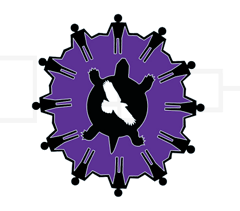Abstract
The Implicit Association Test (IAT) has been supported as a valid means for demonstrating implicit biases in racial/ethnic studies; however, adaption of the IAT for evaluation of unconscious biases against American Indians has not previously been reported. The authors conducted a study addressing validity of the IAT for measurement of implicit bias against American Indians in a health education setting, its value in providing information not revealed by explicit measures, and the association between demographic characteristics of health professions student groups and their IAT scores. The paper-format IAT instrument designed was piloted at an Oklahoma institution with health professions students. The American Indian participant group demonstrated an implicit preference for American Indian over Caucasian surnames by faster association of American Indian surnames with good versus bad attribute exemplars. Demonstration of predictable implicit response patterns that varied from explicit responses provided evidence for the value of adaptation of an IAT to evaluate American Indian bias. American Indian implicit bias research with health care professionals and students using the IAT may provide a valuable means for reaching the ultimate goal of improving health care for American Indians and thereby improving the health of American Indian tribal communities.
Recommended Citation
Yozzo, Melody J. DHEd PA-C and Allen, Donna PhD
(2020)
"Adapting the Implicit Association Test to Health Professions Education May Lead to Improving American Indian Health,"
Journal of Indigenous Research: Vol. 8:
Iss.
2020, Article 11.
Available at:
https://digitalcommons.usu.edu/kicjir/vol8/iss2020/11

